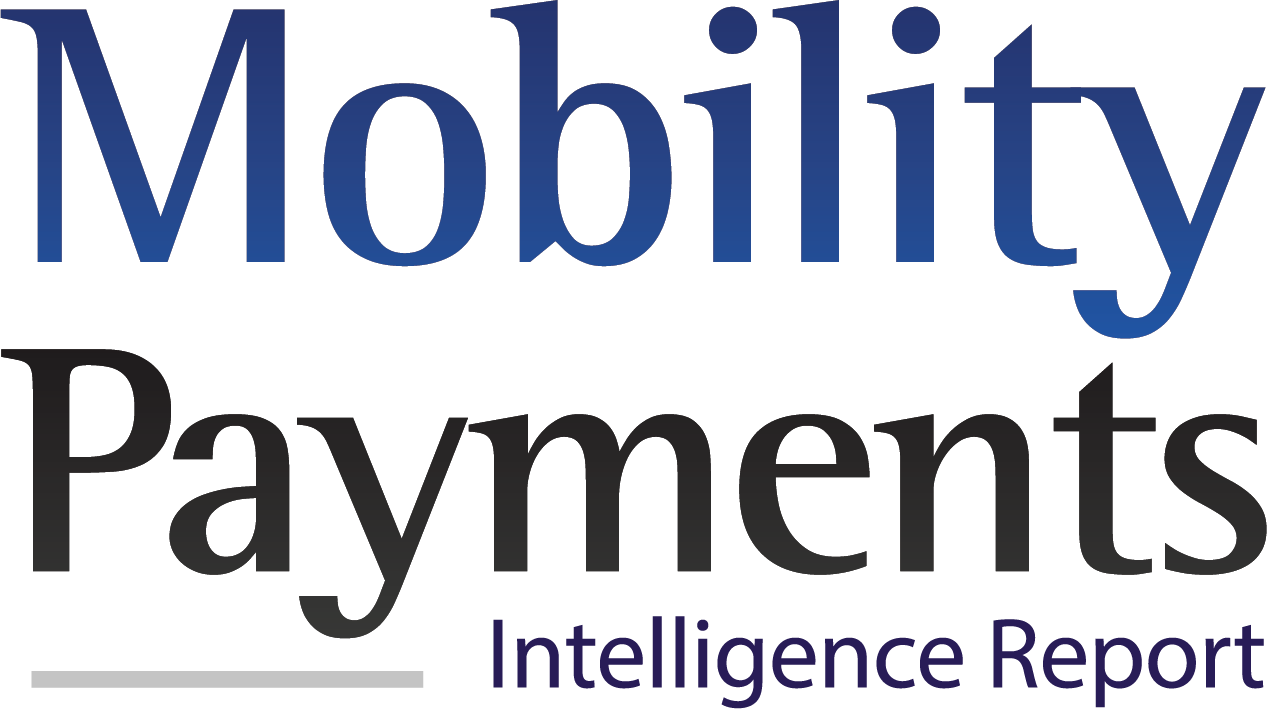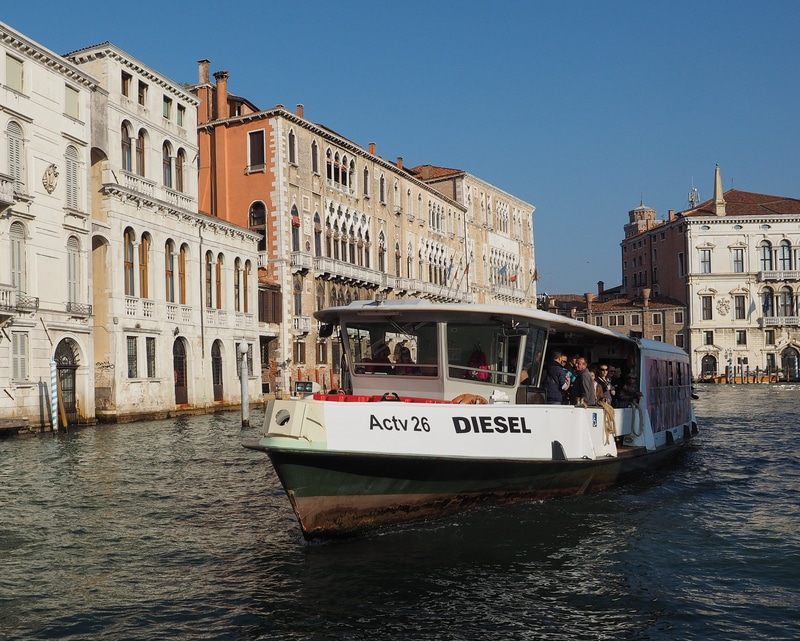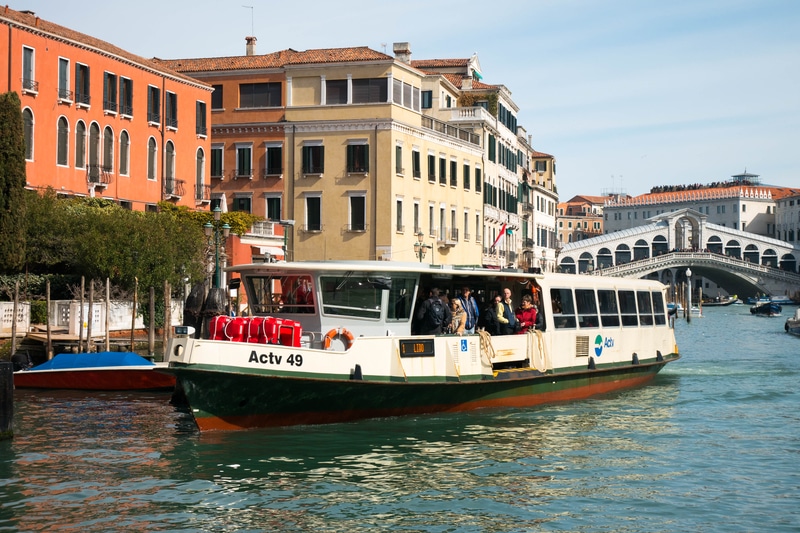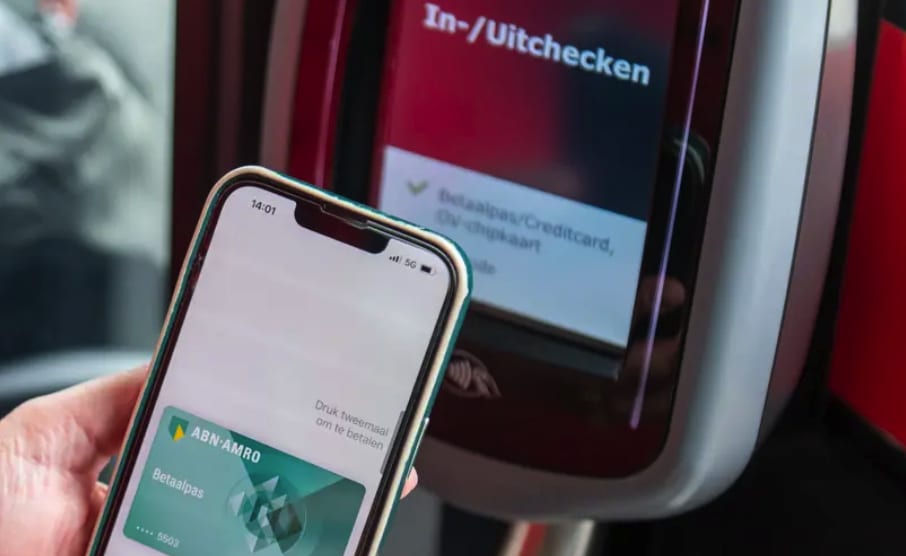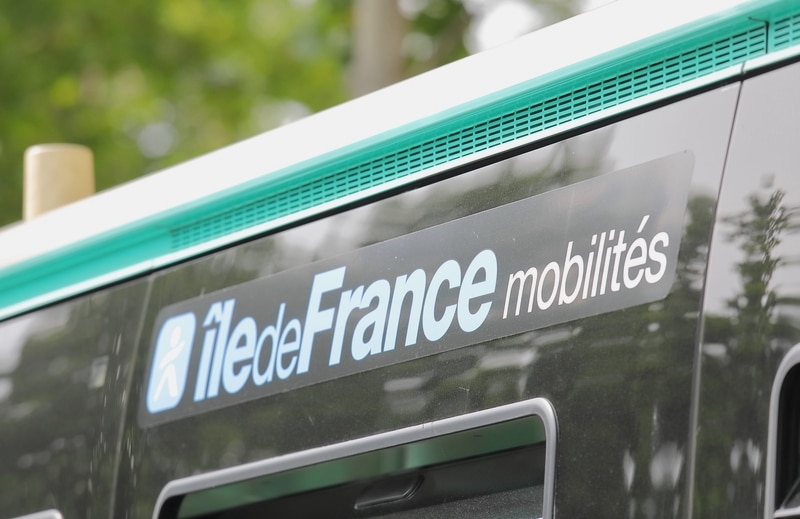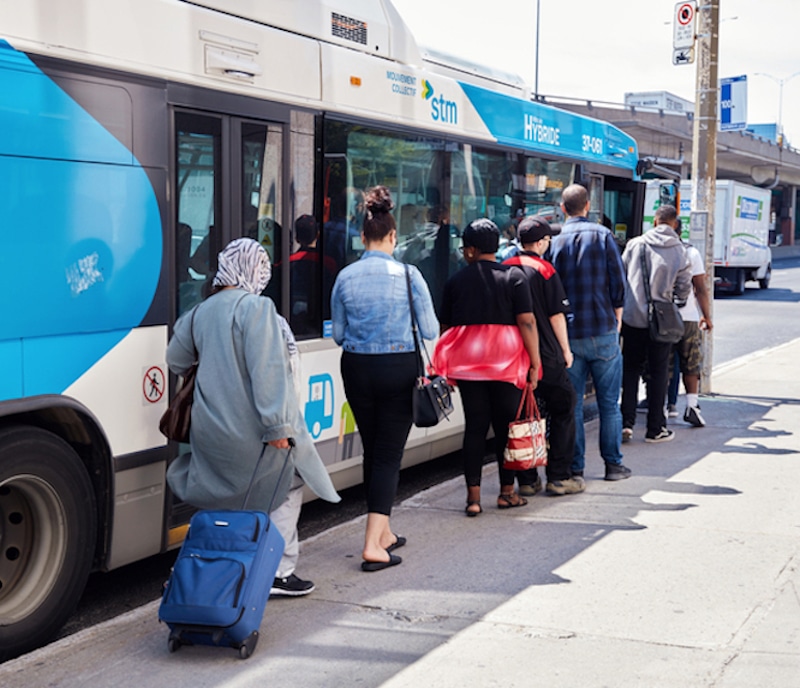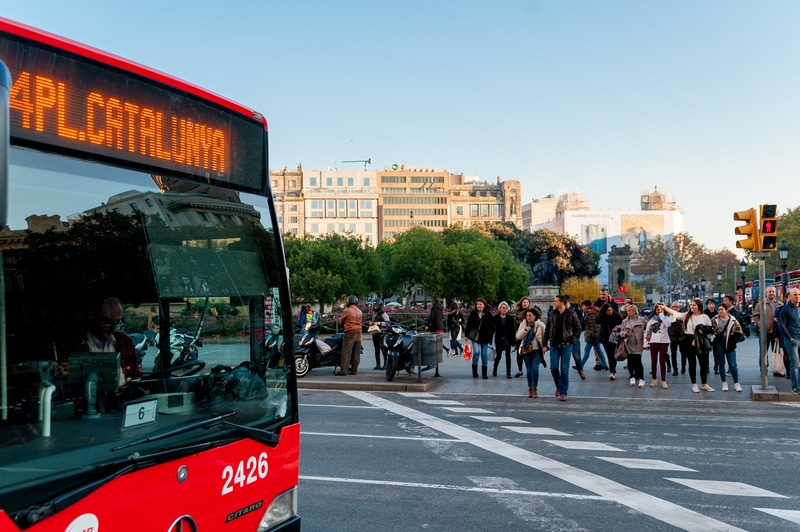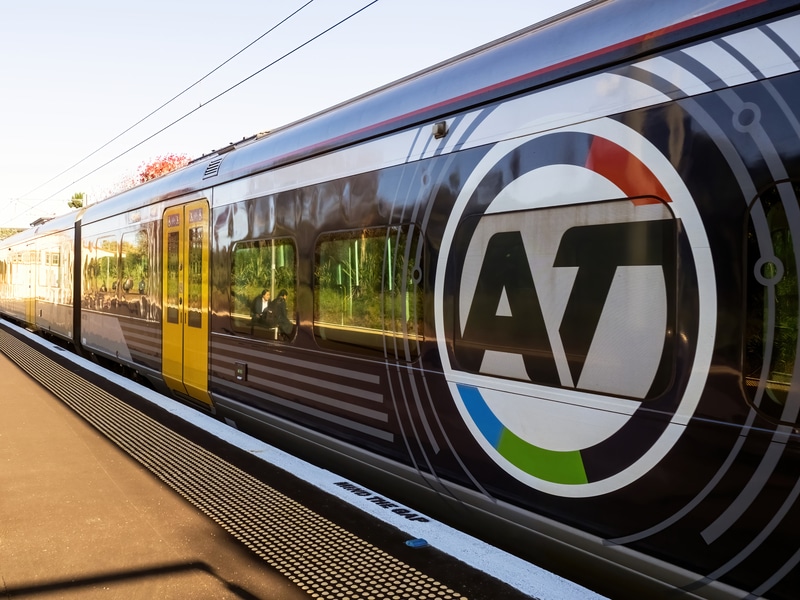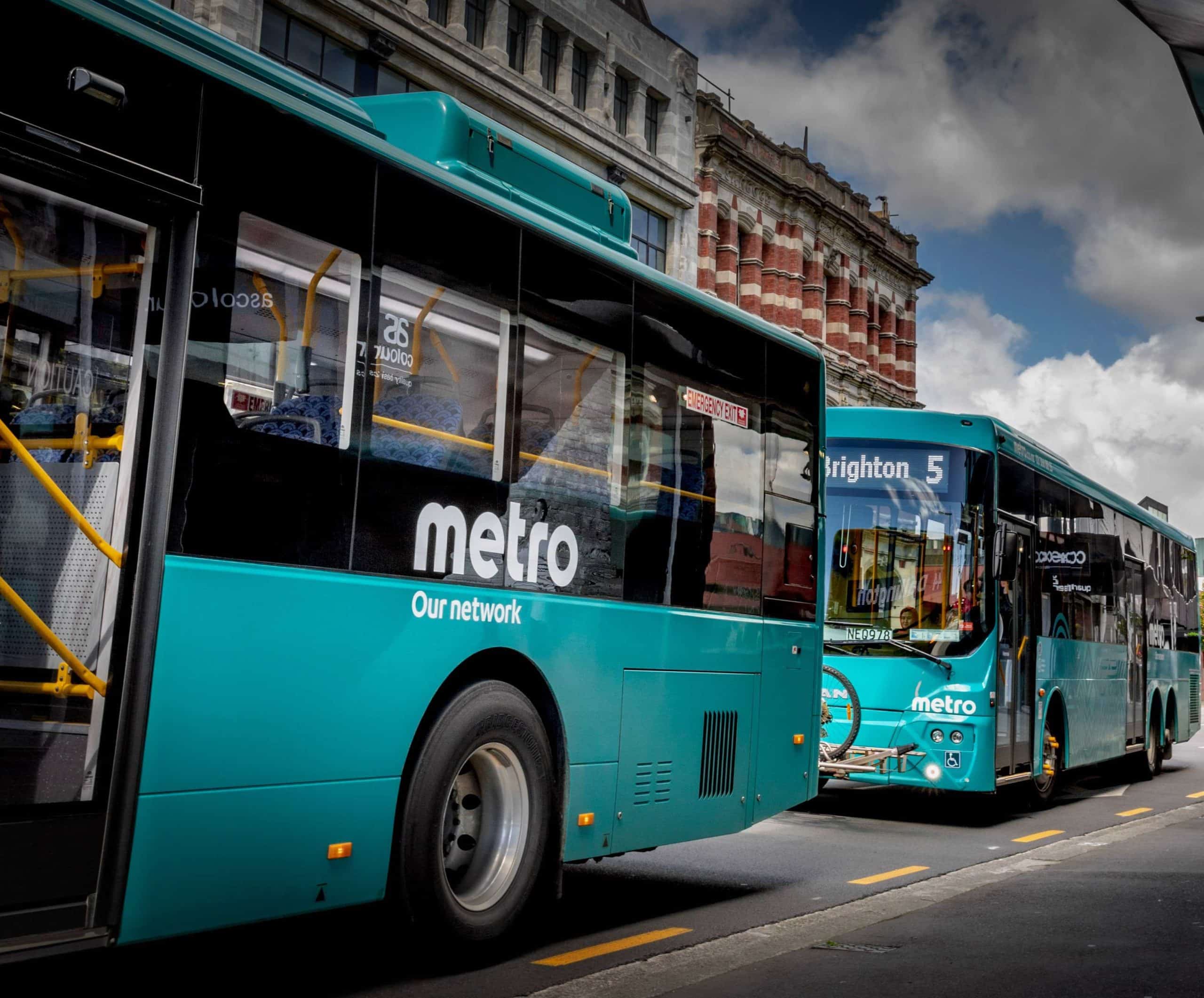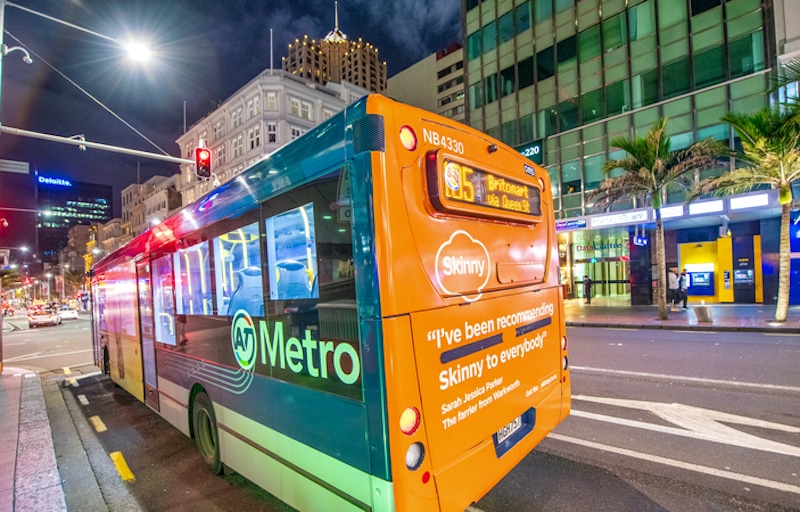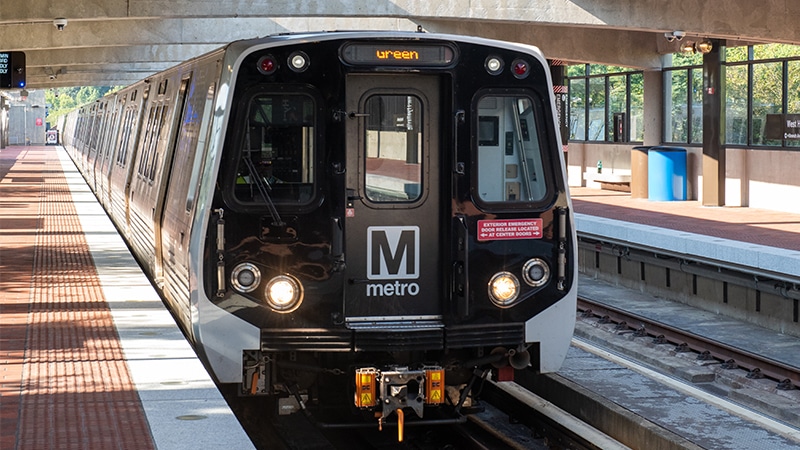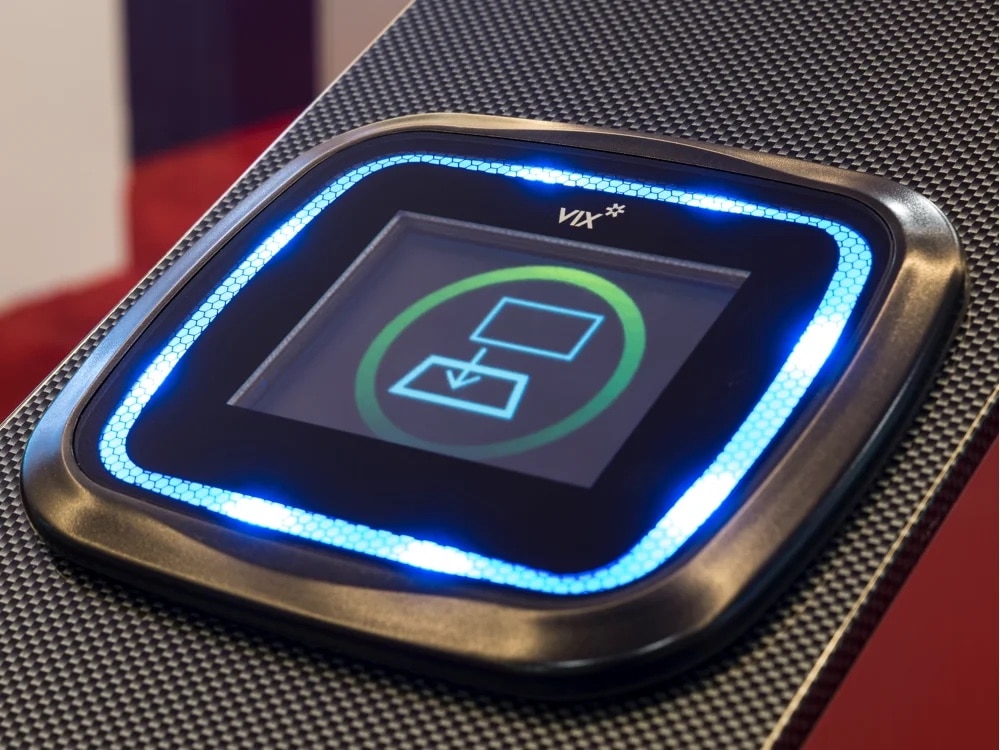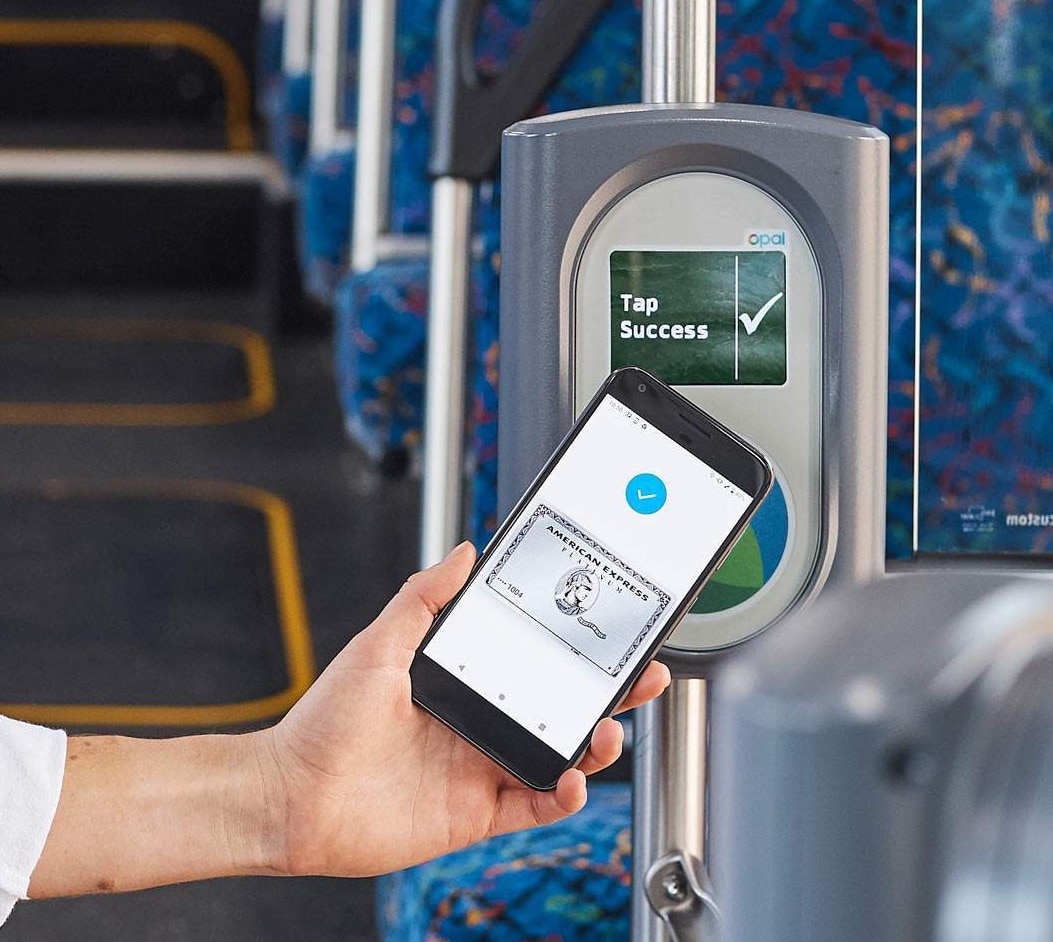
Article Highlights
AVM, the public transit agency that runs buses, trams, water buses and shuttles in Venice, plans to launch its open-loop payments service next fall after apparent delays, following official award of a contract as part of its unconventional procurement process for open-loop technology.
Table: Venice Open-Loop Project Bid Results
AVM, the Italian public transit agency that runs buses, trams, water buses and shuttles in Venice, plans to launch its open-loop payments service next fall after apparent delays, the agency said Monday, following official award of a contract as part of its unconventional procurement process for open-loop technology.
